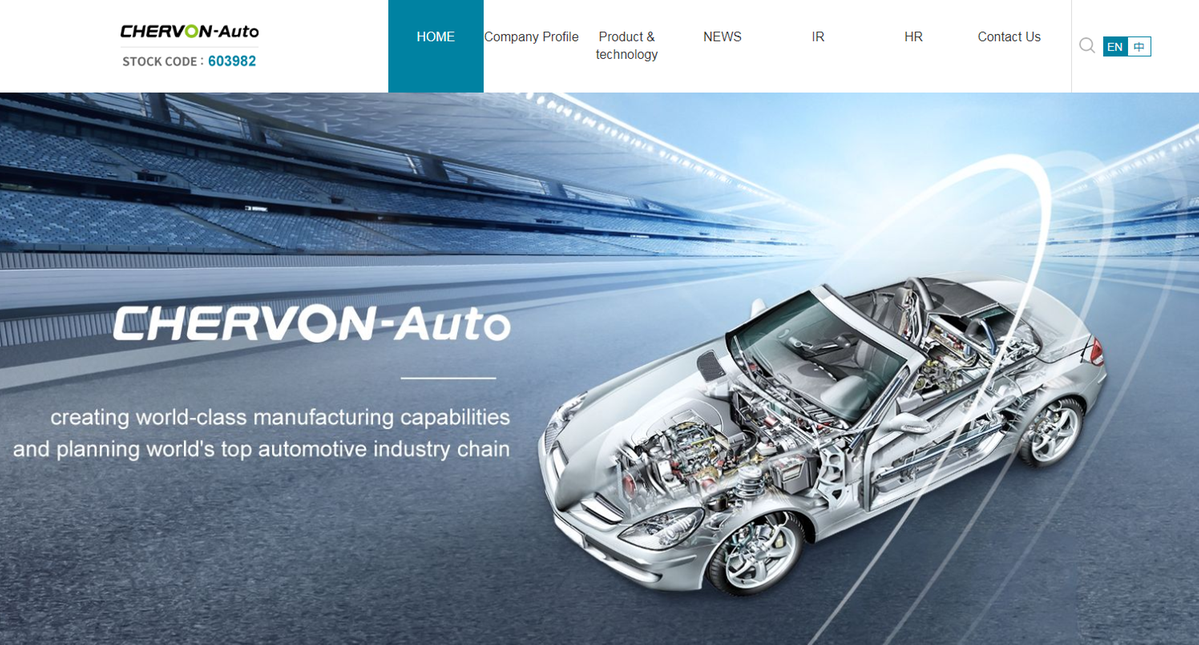Auto part firms eye opportunities in Central Europe

A growing number of Chinese companies are venturing overseas and launching localized production to embrace globalization, with Hungary emerging as a hot spot of investment, thanks to its strategic location, favorable policies and proactive efforts to attract Chinese auto part manufacturers, said business executives.
This shift comes amid increasing demand from foreign automakers who require prompt responses to their needs and their growing concerns over supply chain security against the backdrop of deglobalization and geopolitical conflicts, they said.
Nanjing Chervon-Auto Precision Technology Co Ltd is among those Chinese firms that have set up shop in Hungary. The Shanghai-listed automotive component maker invested around 60 million euros ($64.77 million) in 2021, and finished factory construction in 2023.
Shi Jiaqi, the company's director of overseas projects, explained the rationale behind its expansion.
"Generally speaking, our overseas orders account for 40-50 percent of our total orders, with around 80 percent of those originating from the European market. Establishing our overseas production base became inevitable to better understand and promptly respond to customer needs. We also sensed strong demand from our foreign clients who favor suppliers capable of auto part production near their sites to avoid instability from deglobalization and geopolitical conflicts, which is also an important reason for us to set up overseas branches," Shi said.
"Moreover, in the past, when US, German or even Japanese automakers ventured outside their borders, their supply chains followed suit. Similarly, as Chinese design enters the global market, its supply chains will inevitably be stimulated to go overseas," he added.
The company chose Hungary after considering various factors like policy stability, labor force and technical background.
"We also encounter challenges such as establishing a robust supply chain in Hungary that aligns with our requirements and ensuring technology and skills transfer from China to our overseas factory. However, we are glad to see several attempts have stimulated local industries and generated employment opportunities," Shi said.
The company also aims to establish a strong research and development center within three to five years in Hungary to better serve its European clients, he said.
Zhejiang Shuanghuan Driveline Co Ltd is another auto part maker that has established a presence in the Central European nation. The Shenzhen-listed company focuses on the R&D, manufacturing and sales of gears and their assembly, with products covering traditional vehicles, new energy vehicles and trains.
"Currently, our announced investment in Hungary is 122 million euros for the first phase of the project," said Wang Binlian, director of overseas projects at Zhejiang Shuanghuan Driveline Co Ltd. "In the coming months, we will also sign a long-term investment cooperation memorandum with the local government."
Wang said that in today's climate of deglobalization and geopolitical conflicts, automakers are increasingly prioritizing supply chain security over simply minimizing costs. This shift favors suppliers capable of auto part production near automakers' production sites, which is why the company is establishing an overseas plant to meet client demands.
"Several Central European countries, including Poland, Slovakia and Hungary, have been the main destinations for Chinese companies' site visits," Wang added. "Considering factors such as costs, logistics convenience, policy friendliness and investment stability, we ultimately chose Hungary."
Hungary's proactive approach to welcoming auto manufacturing is evident not only to Wang, but also to Zhang Taixin, who is director of Halms Hungary KFT, Zhejiang Huashuo Technology Co Ltd's overseas branch. Huashuo produces various forms of auto parts. Its Hungary site began construction in April 2022 and commenced production in March 2023.
Zhang highlighted the recent energy upgrade in Debrecen, Hungary, where Halms is based. The move was reportedly aimed at supporting auto and auto part manufacturers and securing reliable energy supplies for them, alongside government incentives and subsidies to attract foreign investment.
"We envision a strong R&D center at the headquarters, accompanied by powerful global production and manufacturing facilities. We leverage our global production capacity to address regional market imbalances, thus avoiding market fragmentation that does not serve manufacturers or consumers," Zhang said.

